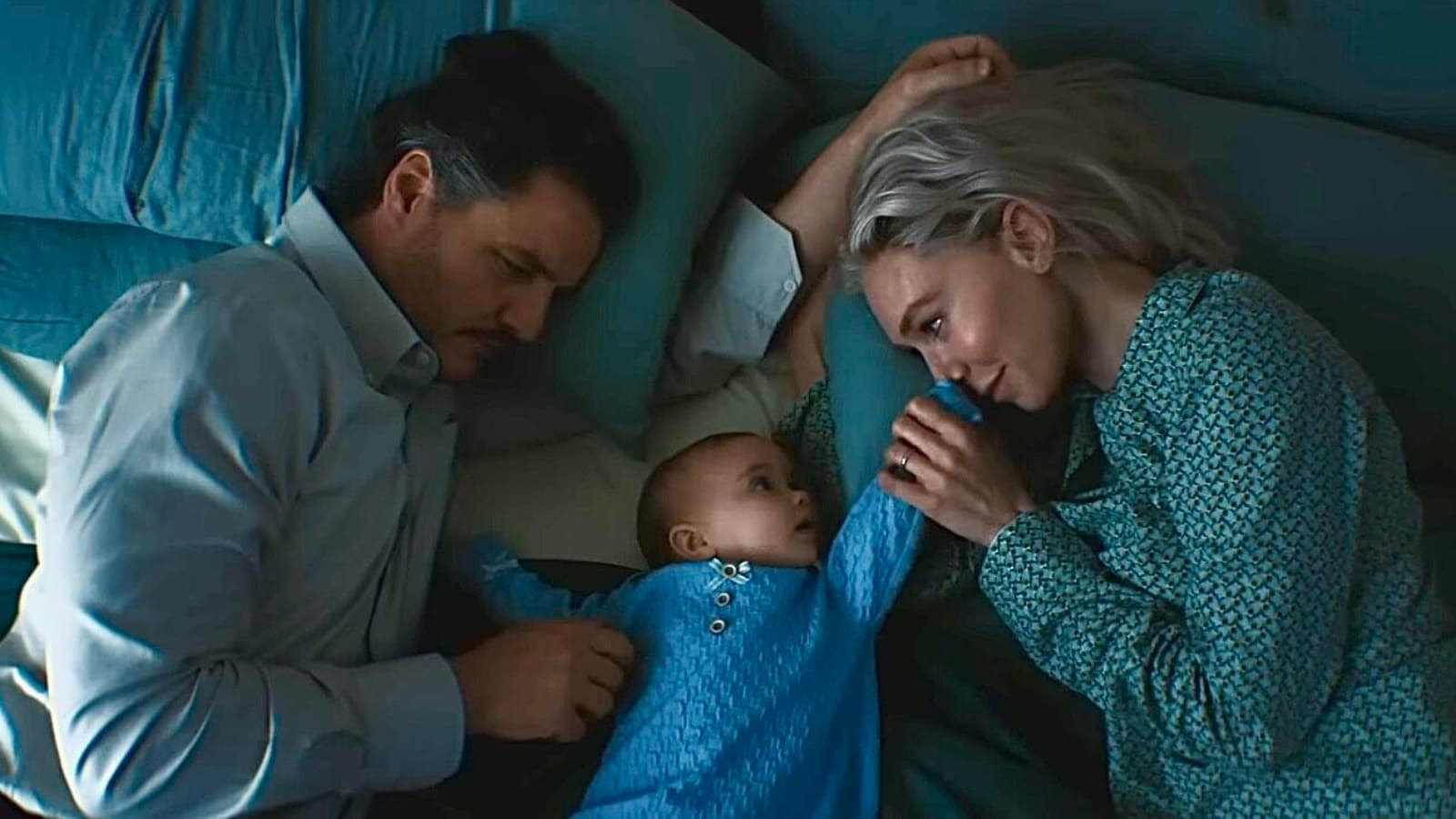'Deep Cover' review: A sharp, absurd crime comedy anchored by improv and chaos
Tom Kingsley’s Deep Cover is the kind of high-concept comedy that dares to ask one question and commits completely to exploring its wildest possibilities: what if improv actors were sent on real police stings? The result is a riotous, razor-sharp crime caper that juggles escalating stakes, off-the-wall character work, and a surprisingly heartfelt core.
Tribeca Film Festival
Originally conceived by Jurassic World duo Colin Trevorrow and Derek Connolly, the film found its most unique voice in the hands of British comedy pair The Pin (Ben Ashenden and Alexander Owen). Their script retools the original pitch and firmly plants it in a recognisably absurd yet grounded London — a choice that not only suits the film’s comedic timing but enhances its street-level grit.
Deep Cover revolves around a trio of improv hopefuls mistaken (or perhaps manipulated) into participating in low-level police sting operations. Led by Kat, played with charismatic gusto by Bryce Dallas Howard, the team spirals from petty crime into full-blown gangster warfare — all while adhering to the golden improv rule: “Yes, and…”
Howard, clearly enjoying the chaos, brings a fierce vulnerability and comic timing to Kat — a woman who sees £200 and a chance at drama school cred in every sting. Orlando Bloom, in a brilliant against-type turn, leans into the ridiculous as Marlon, a method actor still haunted by his Pizza Knight mascot past. Bloom's ability to parody serious actor archetypes while keeping his performance emotionally grounded is a standout.
The film’s secret weapon, however, is Nick Mohammed. As Hugh — a man with zero improv skills and even less street smarts — Mohammed provides scene-stealing moments of physical comedy and awkward charm. Whether he’s botching a coke deal or losing a corpse on a Boris bike, his performance is pitch-perfect.
What elevates Deep Cover is how sincerely it treats its own premise. The crime plot, full of gritty London locales and unexpected narrative twists, isn’t just a backdrop — it’s fully integrated into the film’s rhythm. Sean Bean adds gruff weight as the no-nonsense copper overseeing the chaos, and Paddy Considine’s mob boss “Fly” brings genuine menace to the madness.
While The Pin’s own cameo appearances as clueless officers threaten to tip the balance into full sketch territory, their comedic instinct mostly supports the structure rather than sabotages it. Deep Cover succeeds by never winking too hard — instead, it lets the comedy flow naturally from the absurdity of its world.
Kingsley’s direction ensures the tone never wavers. By playing the world straight and letting the improvisers throw the chaos in, he balances tension and humour with surprising precision. It’s not just a satire of crime thrillers or actorly pretension — it’s a love letter to how comedy, even in the darkest places, can build connection, resilience, and transformation.
Ultimately, Deep Cover is more than a concept comedy — it’s a story of three misfits who find purpose in pretending, meaning in the moment, and courage in saying “yes, and” to life’s most ludicrous challenges.











